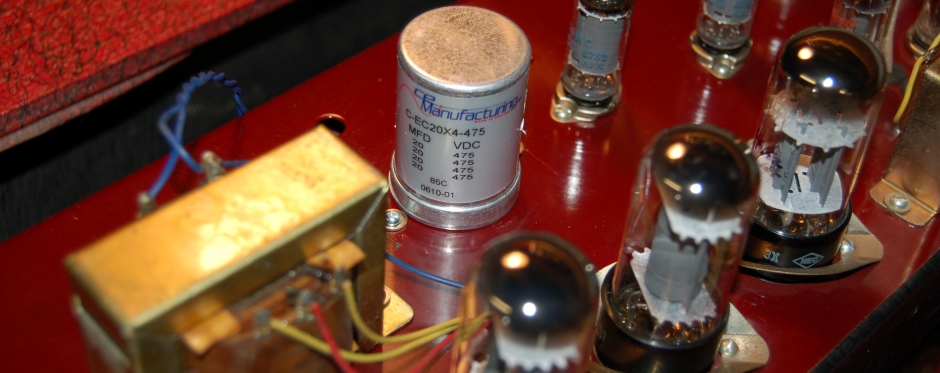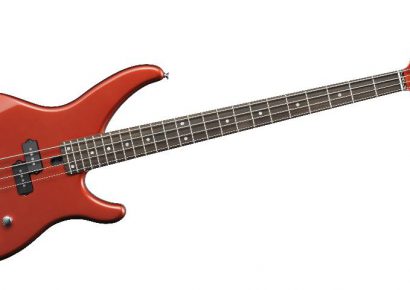Then What Does Determine The Sound Quality Of A Tube Amplifier?
Firstly and most obviously they use tubes that just sound good! The next would be the configuration of the amplifier. This includes aspects like the number of tube stages used, the amount of control of the frequency levels with the amplifier’s tone controls (i.e. tone stack) and other filters, the voltages used to operate the tubes (300v – 500v), the type of output stage configuration or more efficient designs such as push-pull producing much more power.
Other factors would include valve types such as 12AX7, 12AT7 dual triodes, EF86 mini pentode for preamps tubes and various power tubes, the most common being, EL84, 6V6 for lower powered amps from 5 watts (1 tube) to 30 watts (4 tubes), 6L6, EL34 for mid powered (50 watts 2 tubes, 100 watts 4 tubes) and for more powerful amplifiers KT88 or 6550 producing up to 300 watts using 6 tubes. Speakers, their size and the materials used to construct them, also play a large role in determin- ing the overall sound of an amplifier.
Most of what has been discussed so far is simply described at the electronic circuit of the amplifier, and this is the number one factor in determining how the ampli- fier will sound. The circuit is basically how all the various components like tubes, resistors, capacitors, transformers, and speakers are all connected to one another. Another important criteria is the physical locations of the components or the layout of the components within the amplifiers chassis.
After this, we have the type and quality of the other components like resistors and capacitors. Tube quality and brands are also important and tubes need to be matched and biased correctly for output stage and select for low noise etc. for the various preamp stages. Transformers and materials used to construct them are also quite important.
Choosing An Amp To Buy
It’s a bit like horses for courses really. You need to buy an amp that is best suited to your playing needs, at the volume you need to play. Small 5-watt amps are great for practice, blues and recording but don’t expect to get an awesome loud clean sound out of them. At the other end of the scale, don’t buy a 100-watt EL34 job for small gigs and home practice, it’s just going to be way too loud. A 15 to 50-watt amp is the most common, and you’ll be surprised at how loud tube amps can be in comparison to solid state amps. Spending more money usually will allow you to get a better product and don’t forget the boutique amp makers if you have the money as they offer a far better product for sound quality and reliability.

